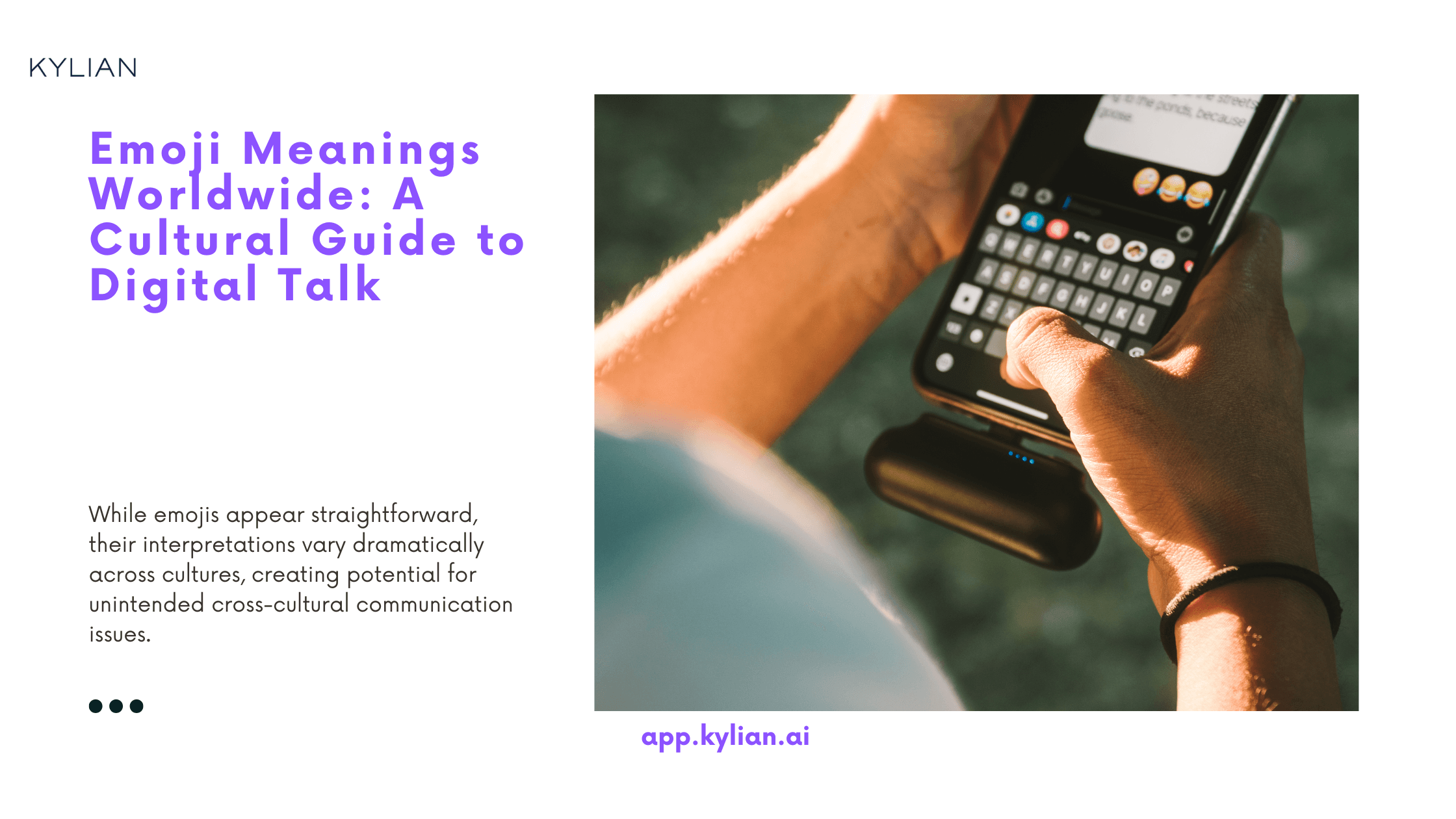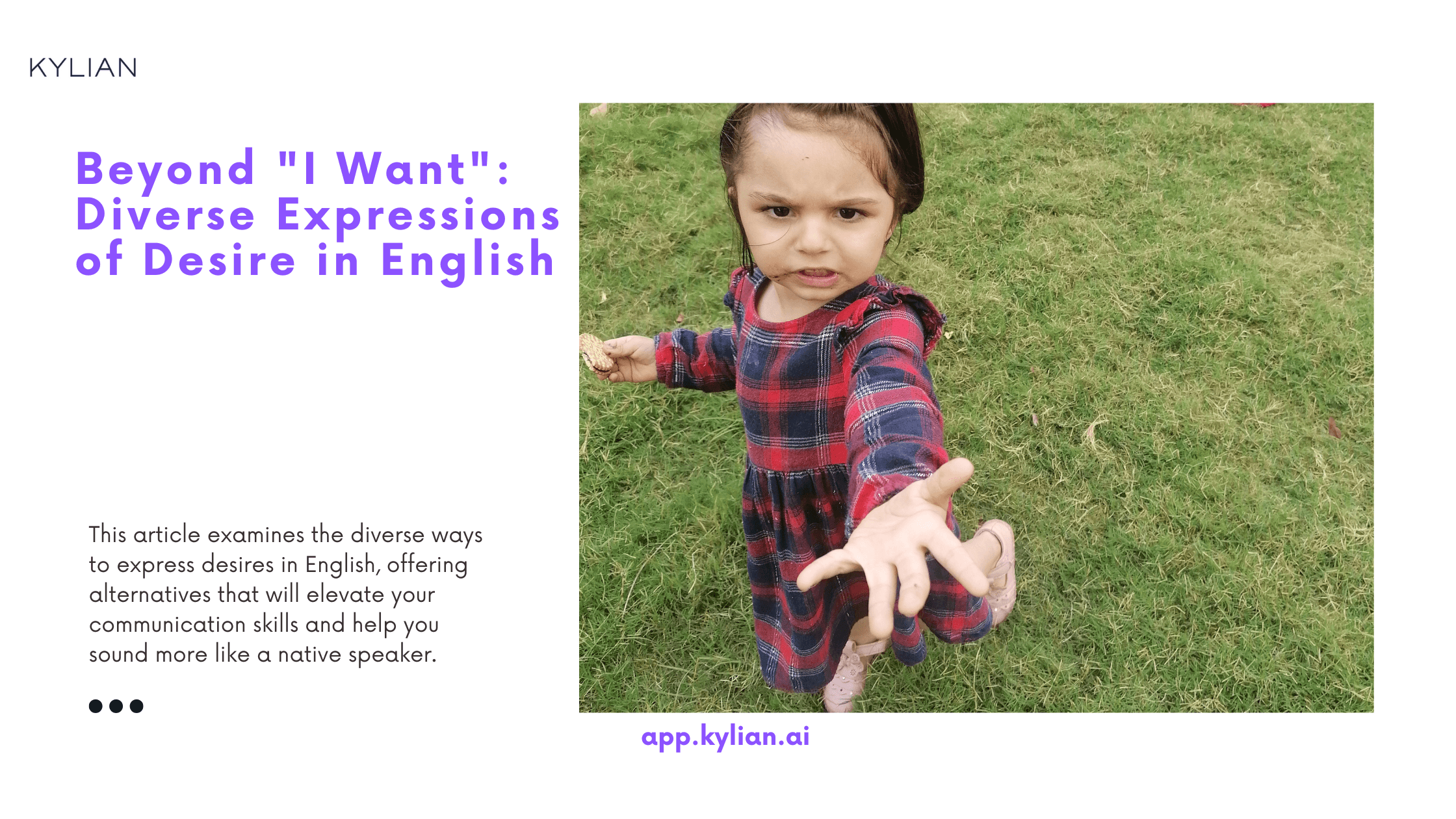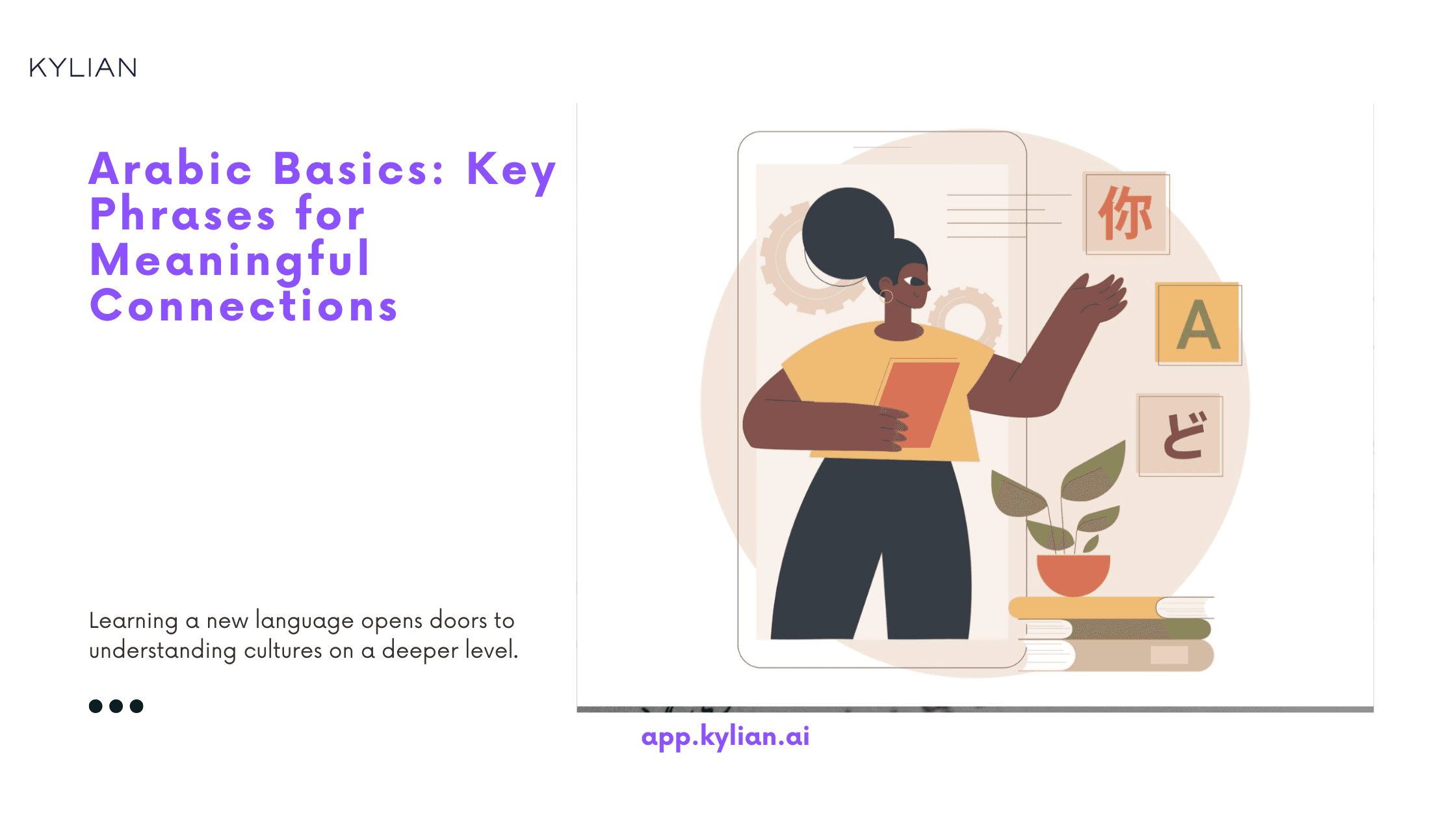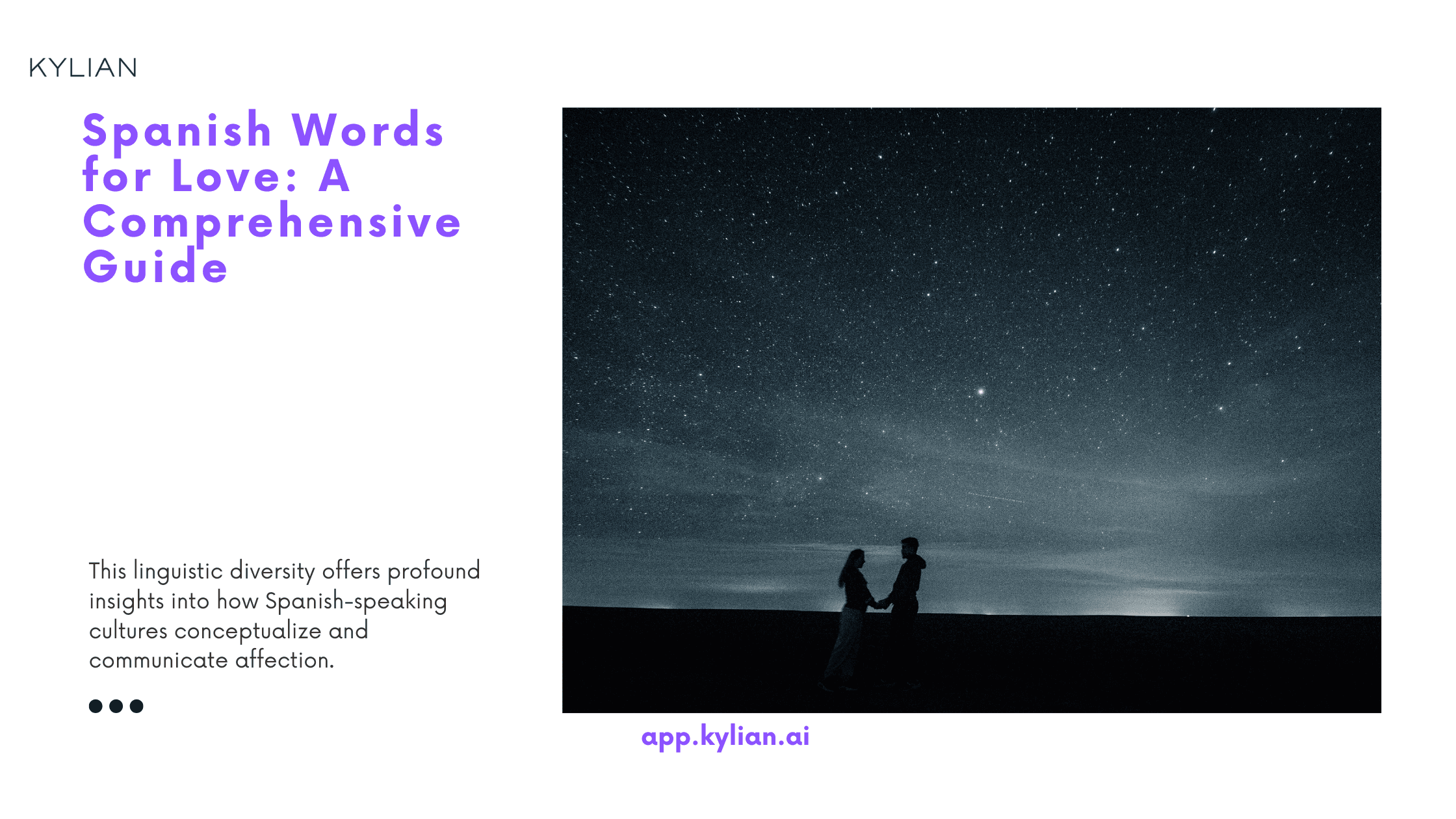Where Most People Come to Learn A Language
Our blog covers language learning tips and hacks we've acquired over the years


Portuguese Numbers: The Complete Guide for Language Learners
Numbers form the foundation of practical communication in any language. Whether you're shopping at a market in Lisbon, scheduling a meeting in Rio de Janeiro, or simply discussing statistics with Portuguese-speaking colleagues, mastering numbers is essential. This comprehensive guide covers everything from basic counting to expressing complex numerical concepts in Portuguese.


Ein, Eine, and Einen: Mastering German Indefinite Articles
Learning German indefinite articles doesn't require complex mental gymnastics. With clear patterns and purposeful practice, you can navigate the nuances of ein, eine, and einen with confidence. German indefinite articles present a significant challenge for language learners. The seemingly arbitrary assignment of ein versus eine confuses even dedicated students, yet mastering these distinctions remains fundamental to speaking German accurately. When English speakers encounter the multiple forms of "a" in German, they often struggle to internalize when to use each variation. This difficulty stems from a core difference between the languages: German's grammatical gender system impacts every article choice you make. Let's examine why understanding these differences matters and how to approach them systematically.


Speak with a British Accent: Key Words, Slang & Tips
British English carries a certain charm and sophistication that continues to captivate language learners worldwide. Despite American English dominating global media, many learners specifically aim to master the distinctive sounds, vocabulary, and expressions found across the United Kingdom. Whether you're preparing for a Cambridge examination, planning to study in London, or simply fascinated by British culture, understanding what makes British English unique requires more than casual exposure to BBC content. This guide explores the fundamental elements that distinguish British English from other varieties, offering practical strategies to develop an authentic British accent and integrate regional vocabulary into your speech. From pronunciation nuances to cultural context, we'll examine what it takes to sound genuinely British.


What is the Plural of Mango in English?
Language is fascinating in its complexities and nuances, particularly when examining the rules governing plural forms. While many English plurals follow predictable patterns, certain words present interesting variations—"mango" being one such example. Understanding these linguistic variations isn't merely academic; it's essential for precise communication in both casual conversations and formal writing.


How to Describe Someone in English: The Complete Guide
Mastering the vocabulary and grammar needed to describe people effectively marks a critical milestone in English language proficiency. Whether you're preparing for a job interview, writing a character description, or simply engaging in everyday conversation, the ability to articulate someone's appearance, personality, and mannerisms demonstrates language sophistication. This guide equips you with the essential tools—structural grammar, strategic vocabulary, and cultural considerations—to describe people accurately and appropriately in English. We've organized these elements into practical categories for immediate application in your conversations and writing.


French Irregular Verbs: A Complete Guide for Learners
Irregular verbs stand as one of the most challenging aspects of learning French. Unlike their predictable regular counterparts, these linguistic wildcards follow their own unique conjugation patterns that can frustrate even dedicated language students. Yet mastering these verbs is essential for anyone serious about achieving fluency in French. French contains approximately 40% irregular verbs among its most commonly used vocabulary—a significant proportion that demands focused attention from learners. The good news? Behind the apparent chaos lies a system of patterns that, once understood, transforms this intimidating aspect of French grammar into a manageable—even fascinating—linguistic challenge. This guide explores everything you need to know about French irregular verbs: their defining characteristics, common patterns, effective learning strategies, and practical ways to incorporate them into your language practice. Whether you're a beginner struggling with "être" and "avoir" or an intermediate learner looking to refine your command of more complex verbs, you'll find actionable insights to elevate your French proficiency.


How to Say Happy Birthday in Japanese: Words & Traditions
Birthday celebrations connect people across cultures, but the ways we express these celebratory wishes vary significantly. Japanese birthday traditions blend ancient cultural practices with modern global influences, creating unique expressions worth exploring. Whether you're learning Japanese, planning to surprise a Japanese friend, or simply expanding your cultural knowledge, understanding how to say "happy birthday" in Japanese adds meaningful depth to your linguistic repertoire.


Soccer Terms & Slang 101: Talk Like a Pro on the Field
Soccer isn't merely a sport; it's a global language spoken through actions, strategies, and specialized vocabulary. Understanding this lexicon unlocks deeper appreciation of matches, better communication with fellow enthusiasts, and seamless participation in soccer-centric conversations across cultures. This comprehensive guide equips you with essential soccer terminology—from foundational pitch elements to advanced tactical concepts and regional variations. By mastering these terms, you'll transition from casual observer to articulate enthusiast capable of analyzing plays and sharing insights with confidence.


Arabic basic words: Must-Know Phrases for Real Conversations
Learning Arabic opens doors to rich cultural experiences across 22 countries where it serves as an official language. With over 420 million speakers worldwide, Arabic stands as a linguistic powerhouse with strategic importance in business, diplomacy, and cultural exchange. However, many aspiring learners feel intimidated by its 120,000+ word vocabulary and distinctive script. This perception creates an unnecessary barrier to entry. The truth? You only need to master a handful of practical phrases to begin meaningful interactions with native speakers. This guide provides you with strategically selected Arabic vocabulary that will enable you to navigate real-world scenarios with confidence. Rather than overwhelming you with complex grammatical structures, we'll focus on immediately applicable conversational tools that native speakers will appreciate.


What Part of Speech is "After" in English? Know It All
Understanding how words function within sentences is crucial for mastering any language. The word "after" represents a particularly versatile example in English, as it can serve multiple grammatical roles depending on context. This comprehensive analysis explores how "after" functions across different parts of speech, providing clarity for both native speakers and language learners seeking to refine their grammatical precision.


Arabic Basics: Key Phrases for Meaningful Connections
Learning a new language opens doors to understanding cultures on a deeper level. Arabic, with its rich history and widespread influence, offers particularly rewarding opportunities for connection across diverse communities. Despite its reputation for complexity, mastering just a handful of key phrases can transform your interactions with Arabic speakers.


German-Speaking Countries Around the World: Complete Guide
German stands as a pivotal language in global communication, with its influence extending far beyond European borders. As the 12th most widely spoken language globally, German serves as the linguistic bedrock for over 135 million speakers worldwide. Its importance transcends mere communication—it represents a gateway to rich cultural traditions, economic opportunities, and historical understanding. Understanding where German holds official status reveals much about geopolitical dynamics and cultural exchange patterns. For travelers, language enthusiasts, business professionals, and academics alike, knowing which countries speak German provides strategic advantages in navigating international relationships. This comprehensive guide examines German-speaking countries in detail, analyzing their linguistic landscape, exploring historical contexts, and uncovering interesting facets about the language's global presence.


Emoji Meanings Worldwide: A Cultural Guide to Digital Talk
Communication transcends verbal and written language. As global interactions increase, emoji have emerged as a universal digital language bridging cultural divides. With approximately 6,500 spoken languages globally, misunderstandings are inevitable—yet emojis offer a seemingly universal alternative. Their significance cannot be understated: over 6 billion emojis are exchanged daily, becoming an integral component of our communication infrastructure. However, this universality is deceptive. While emojis appear straightforward, their interpretations vary dramatically across cultures, creating potential for unintended cross-cultural communication issues.


What is the Meaning of "The Sky is the Limit" in English?
Language shapes perception. When we encounter expressions like "the sky is the limit," we're confronted with a metaphor that transcends literal interpretation and invites us to explore the boundless nature of human potential. This phrase has become embedded in English vernacular as a powerful statement about possibilities, achievement, and the removal of self-imposed constraints.


French Movies on Netflix to Elevate Your Language Learning
Learning French through authentic media offers tangible benefits beyond textbook study. Netflix's extensive collection of French cinema provides an immersive learning environment that enhances vocabulary acquisition, listening comprehension, and cultural understanding simultaneously. The streaming platform houses an impressive catalog of award-winning French films across various genres, making it possible to customize your learning experience based on your interests and proficiency level. What makes French cinema particularly effective for language acquisition is its natural dialogue flow. Unlike scripted language programs, films present authentic conversational patterns, regional accents, and cultural contexts that better prepare learners for real-world language use. Additionally, the engagement factor shouldn't be underestimated—learning through entertainment creates positive associations with the language, making the acquisition process both effective and enjoyable.


Bilingualism 2025: Key Stats from the US, UK & Worldwide
Mastering multiple languages offers profound advantages, from enhanced cognitive functions to broader cultural appreciation and creative thinking. But what's the current landscape of bilingualism in 2025? How many people worldwide can communicate in more than one language, and which demographics are most likely to possess this valuable skill? To answer these questions, we've compiled the most current statistics on bilingualism and multilingualism across the UK, US, and globally. We analyzed search data to determine which languages Americans are most eager to learn, conducted surveys among UK residents, and synthesized global language usage statistics to provide a comprehensive overview of the multilingual landscape in 2025.


Beyond "I Want": Diverse Expressions of Desire in English
Communication in English requires more than just basic vocabulary. When expressing desires and wishes, relying solely on the phrase "I want" limits your expressiveness and can make your speech sound repetitive or even demanding. Native English speakers utilize a rich variety of expressions to convey their desires with different levels of intensity, formality, and emotional nuance. This article examines the diverse ways to express desires in English, offering alternatives that will elevate your communication skills and help you sound more like a native speaker. Rather than sticking to the basic "I want," you'll discover how to articulate your desires with precision and cultural appropriateness across various situations.


How to Write the Date in Korean: A Practical Guide
Understanding how to express dates is a fundamental stepping stone when learning any language. For Korean language learners, mastering date formats provides immediate practical value—from scheduling appointments to celebrating important occasions. This guide breaks down the Korean date system logically and comprehensively, giving you both the structure and cultural context to navigate temporal expressions with confidence.


Top 12 Spanish Greetings and Goodbyes for Any Occasion
Mastering Spanish greetings extends far beyond "Hola" — it opens doorways to authentic connections with Spanish speakers across varied contexts. Whether you're navigating formal business meetings or casual social gatherings, knowing the right greeting at the right time demonstrates cultural awareness and respect. Spanish, like many rich languages, contains nuanced expressions that reflect social hierarchies, time of day, relationships, and regional variations. What works when greeting a friend might be inappropriate when meeting a potential employer or an elder family member. This guide equips you with essential Spanish greetings and farewells tailored to different social situations, helping you navigate conversations with confidence and cultural sensitivity.


13 Must-Know Work Idioms and Phrases in English
Communication nuances define workplace dynamics. The ability to decode workplace expressions separates insiders from outsiders in professional settings. Mastering these idioms doesn't just improve language fluency—it transforms your workplace navigation capabilities. Let's explore essential idiomatic expressions, slang, and phrasal verbs specific to professional environments. Whether you're developing English for professional purposes or enhancing your business communication skills, these expressions will significantly improve your workplace interactions.


Paid or Payed in English: Complete Usage Guide
When communicating in English, precision matters—particularly with commonly confused terms. The distinction between "paid" and "payed" represents one such linguistic challenge that causes considerable uncertainty among writers, especially those learning English as an additional language. This comprehensive analysis examines when to use "paid" versus "payed," highlighting core grammatical principles, common mistakes, and practical applications to enhance your communication efficacy.


Meaning of -San, -Chan, -Sama, -Tan in Japanese?
The Japanese language offers a fascinating window into a culture where social hierarchies and interpersonal relationships are meticulously acknowledged through speech. Unlike English, which largely abandoned honorific titles outside formal contexts, Japanese maintains an intricate system of address markers that speaks volumes about social dynamics, relationships, and cultural values. These linguistic markers—suffixes like -san, -chan, -sama, and others—aren't mere appendages to names. They function as real-time indicators of respect, intimacy, status, and social distance. Understanding these honorifics isn't just academic; it's essential for meaningful communication in Japanese contexts. For language learners and cultural observers alike, mastering these honorifics represents a crucial step toward authentic communication. The difference between addressing someone as -san versus -sama can be as significant as the difference between addressing an acquaintance by their surname versus addressing a close friend with a pet name in Western contexts. Let's explore the complex world of Japanese honorifics, their applications, and the cultural nuances they reveal.


Spanish Words for Love: A Comprehensive Guide
Love, in all its complexity and beauty, deserves more than just one word to describe it. In Spanish—a language known for its passionate expressions—there exists a rich tapestry of words that capture the various dimensions of love. This linguistic diversity offers profound insights into how Spanish-speaking cultures conceptualize and communicate affection.


What Is the Past Tense of Catch in English?
The verb "catch" represents one of those fundamental English verbs that appears deceptively simple yet contains nuanced usage patterns that create challenges for language learners. Understanding its past tense forms requires examining both regular patterns in English verb conjugation and the irregular patterns that make "catch" particularly interesting. When we analyze "catch" in its various temporal contexts, we find that its past tense is "caught" - an irregular form that doesn't follow the standard "-ed" pattern of regular verbs. This irregularity creates one of those critical learning moments for English language students where memorization becomes as important as pattern recognition. The question "what is the past tense of catch?" appears straightforward but opens a window into the complexity of English verb tenses and their historical development. Let's dissect this verb systematically to understand not just what forms to use, but why and when to use them.